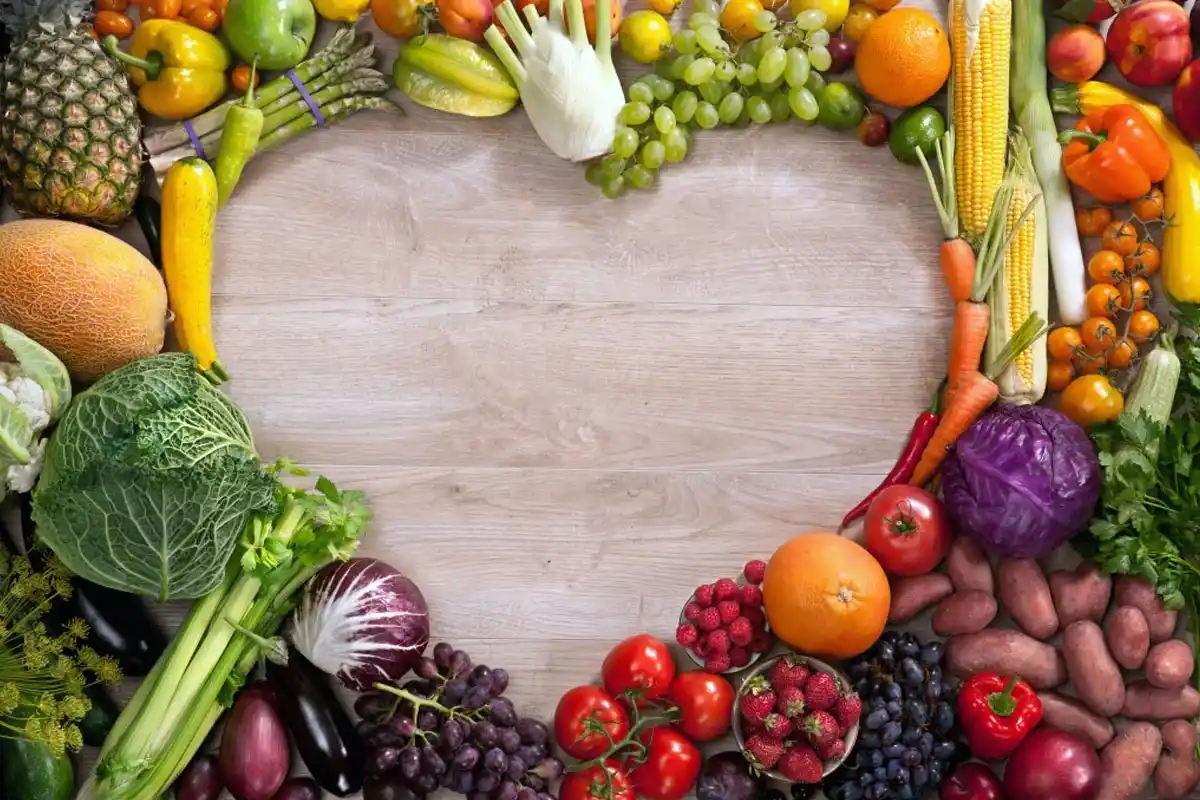An ever-increasing volume of evidence from research studies has built a strong case for the heart health-protecting benefits of a diet loaded with fruits and vegetables. Eating multiple servings every day appears to benefit the heart and reduce the risk of death from heart disease. Do fruit and vegetables contain natural constituents can confer this protection? In search for the answer, science has focused on a diverse group of compounds called “flavonoids” that are abundant in plants. Over 4,000 flavonoids have been identified in the plant kingdom. These substances are also commonly known as “bioflavonoids”; meaning they are found in living things, in this case fruits and vegetables.
Flavonoids are plant-based phytonutrients with cardiovascular protective properties that have come to light in studies on cellular biology. A 2012 study reported in the American Journal of Clinical Nutrition examined data on lifestyle behaviors, food consumption and medical histories from questionnaires completed by nearly 100,00 people (38,180 men; 60,289 women. Using a sophisticated statistical analysis method called “cox regression”, the researchers found a strong association between total dietary flavonoid intake and cardiovascular disease (CVD) mortality. Compared to those in the lowest fifth of flavonoid consumption, people in the highest fifth had a nearly 20 percent lower risk. In men, there was a particularly strong link between flavonoid intake and reduced risk of death from stroke. As stated in the report: “Flavonoid consumption was associated with lower risk of death from CVD.”
How do flavonoids deliver their heart health benefits? There appear to be a number of physiological mechanisms. According to a research review published in the scientific journal Pharmacological Reviews: “The mechanism for a cardioprotective role of flavonoids likely involves more than one pathway, including antioxidant and anti-inflammatory functions and vascular effects.”
References:
McCullough ML, et al. Flavonoid intake and cardiovascular disease mortality in a prospective cohort of US adults. Am J Clin Nutr 2012;95(2):454-64.
Middleton M, et al. the effects of plant flavonoids on mammalian cells: implications for inflammation, heart disease and cancer. Pharmacol Rev 2000;52(4):677-751.









